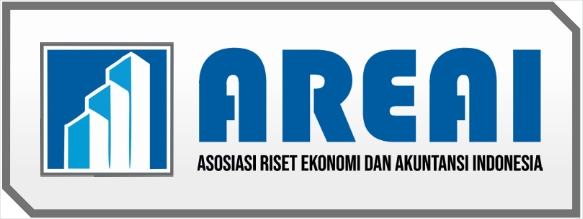| Accreditation |
 |
| E-ISSN .: 2614-6983 :. |
| 2614-6983 |
| P-ISSN .: 2338-4840 :. |
| 2338-4840 |
| Articles |
| Current Issues |
| Previous Issues |
| About This Journal |
| AI Policy |
| History |
| Focus and Scope |
| Peer Review Process |
| Publication Ethics |
| Open Access Policy |
| Indexing |
| Archive Policy |
| Open Access Statement |
| Repository policy |
| Journal License |
| Policy of Plagiarism |
| Copyright Notice |
| Author Guidelines |
| Publication Frequency |
| Author Fees |
| People |
| Editorial Team |
| Peer-Reviewers |
| Publisher |
| Contact |
| Information |
| For Librarians |
| For Author |
| For Readers |
| Association |
 |
 |
 |
 |
| Template |
 |
| Contact |
 |
| Visitors |


